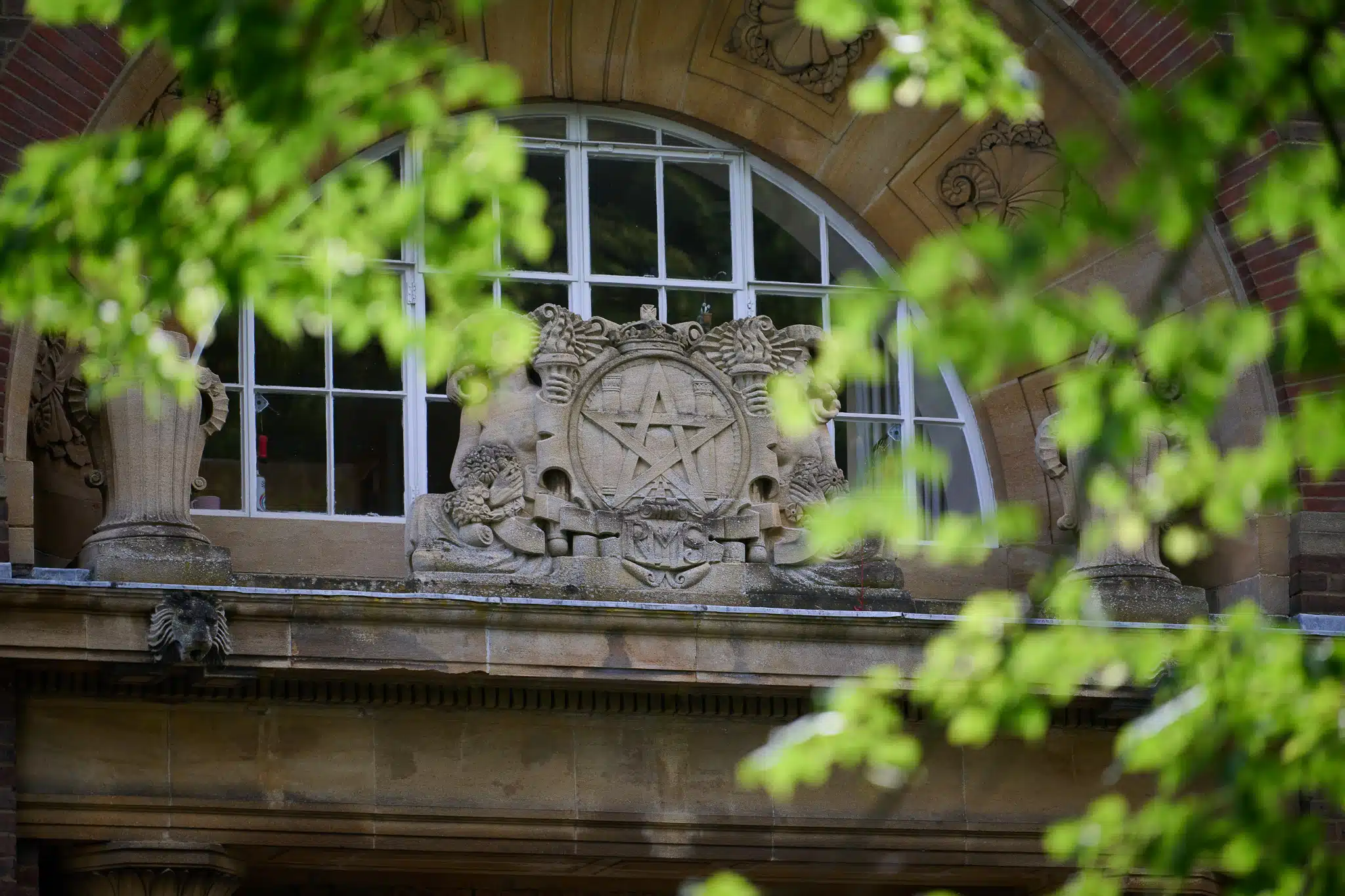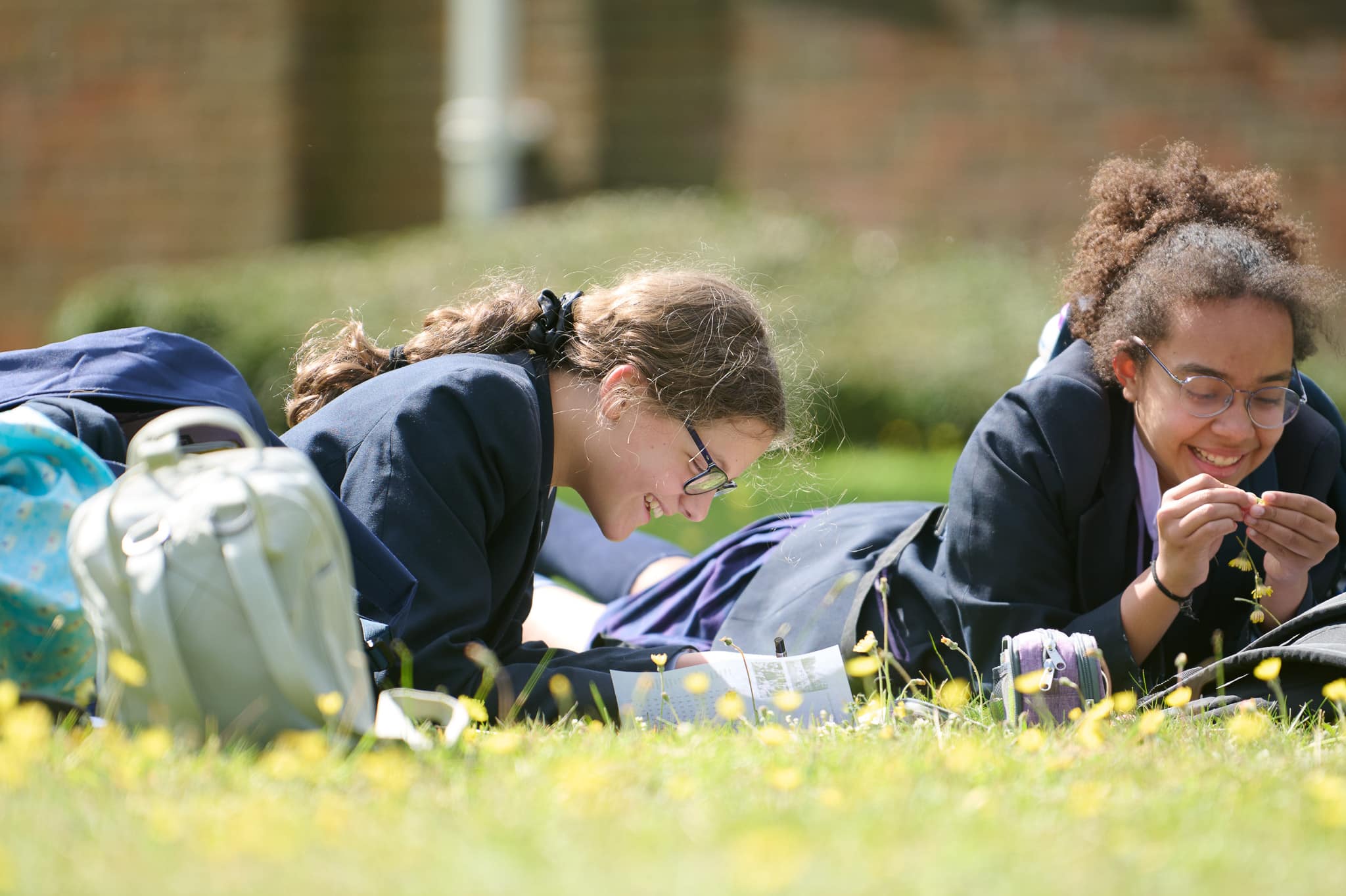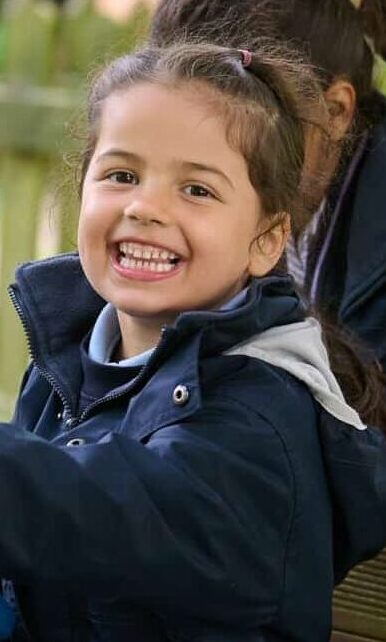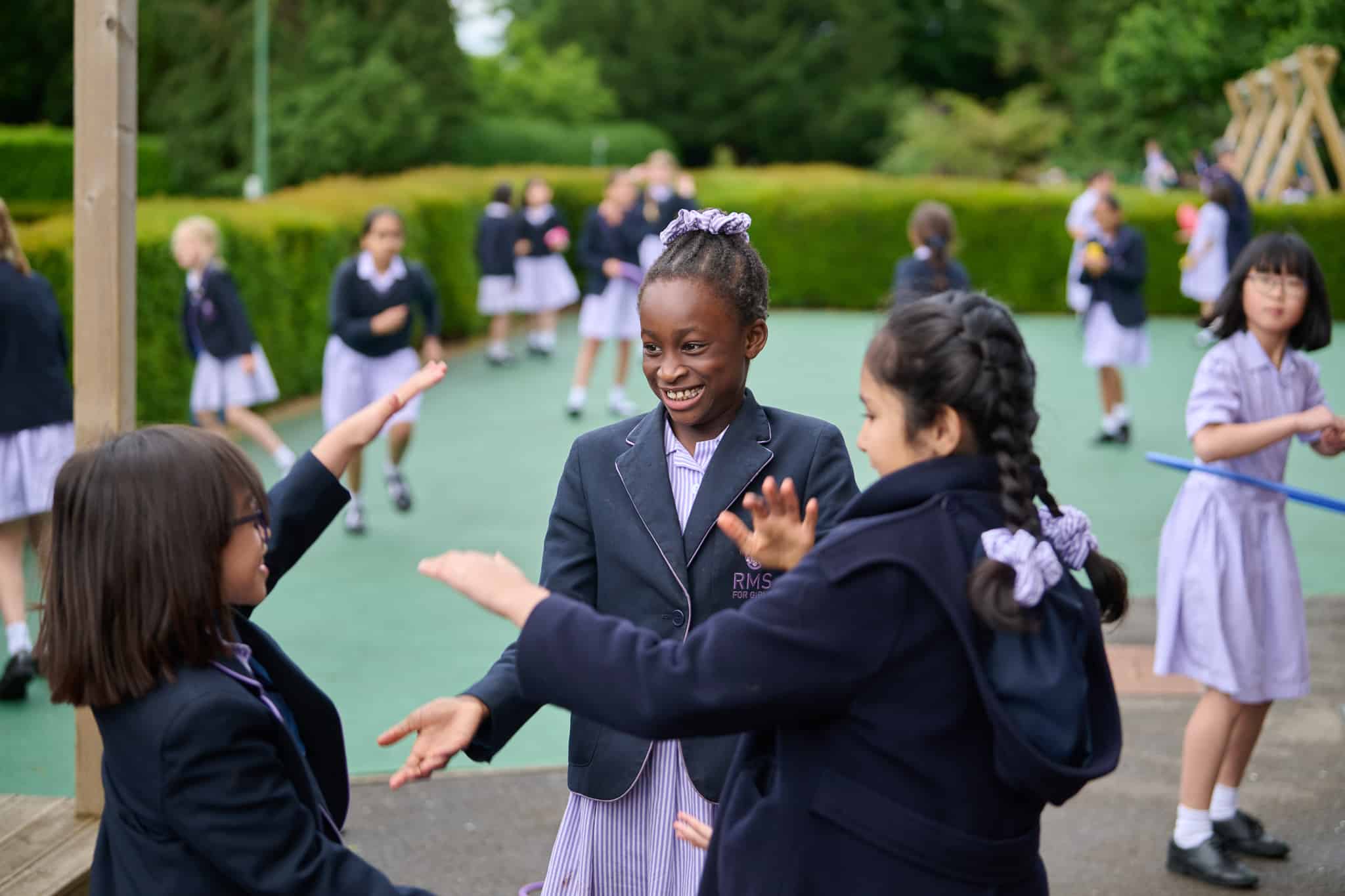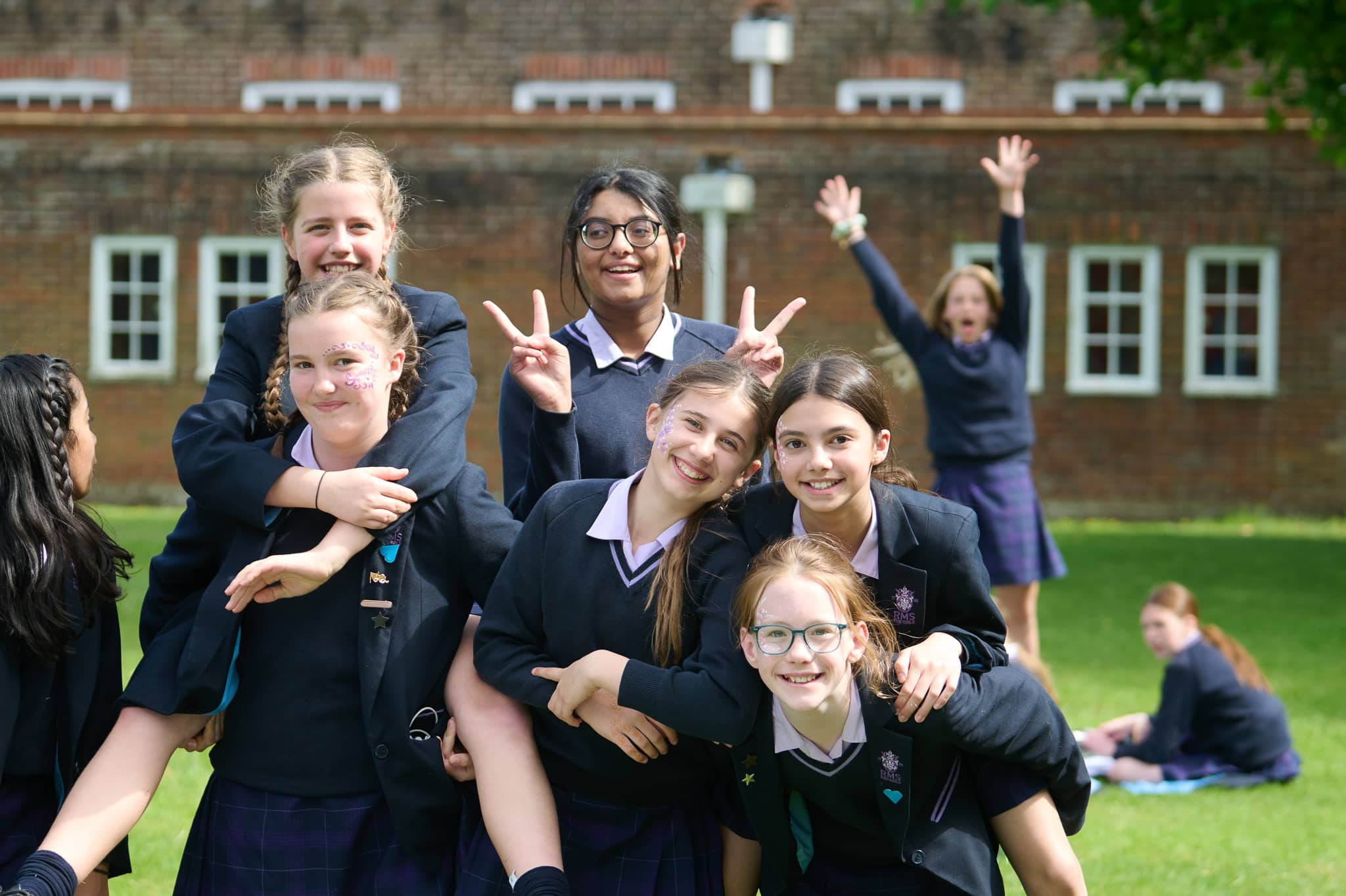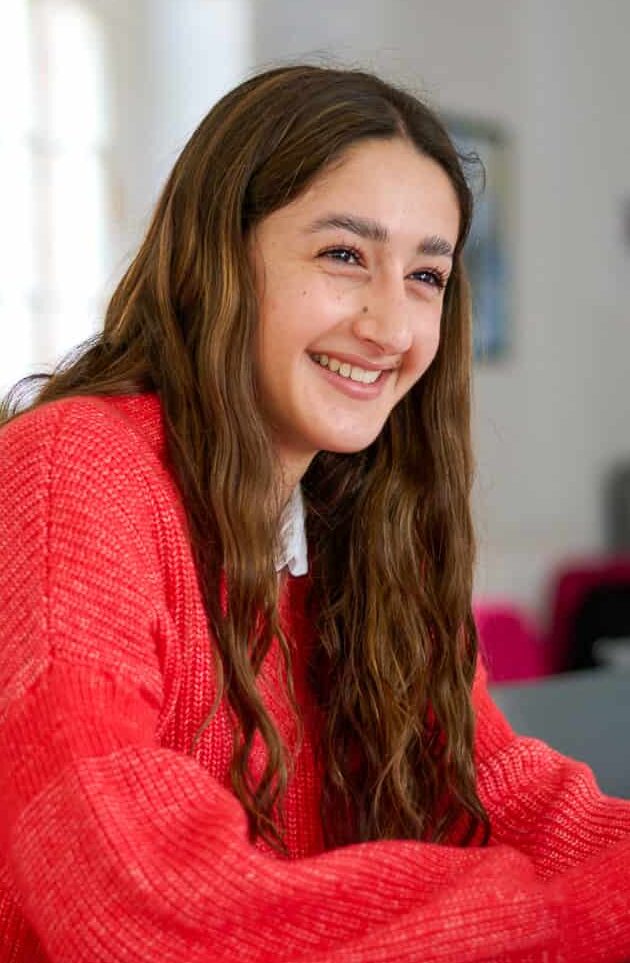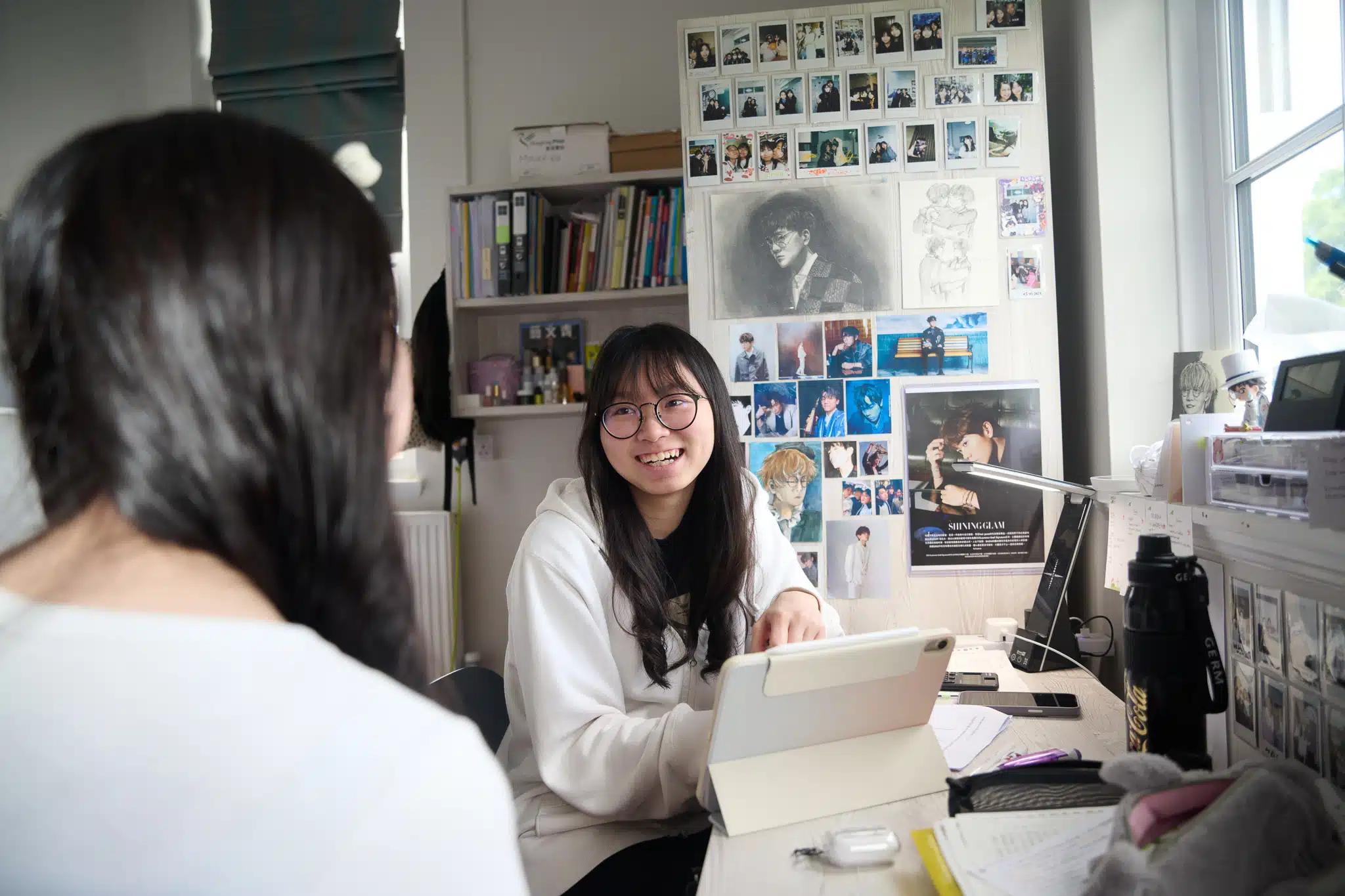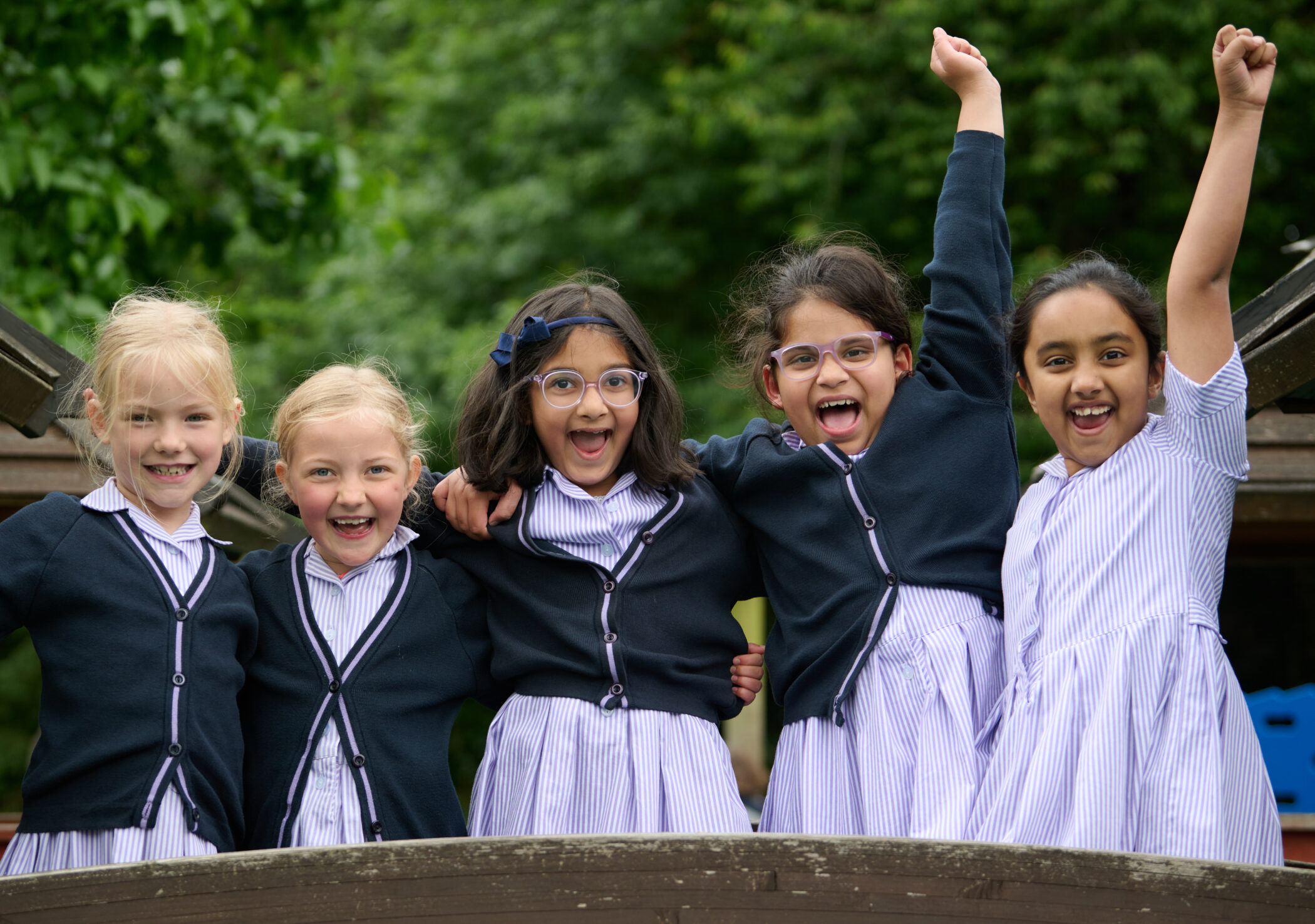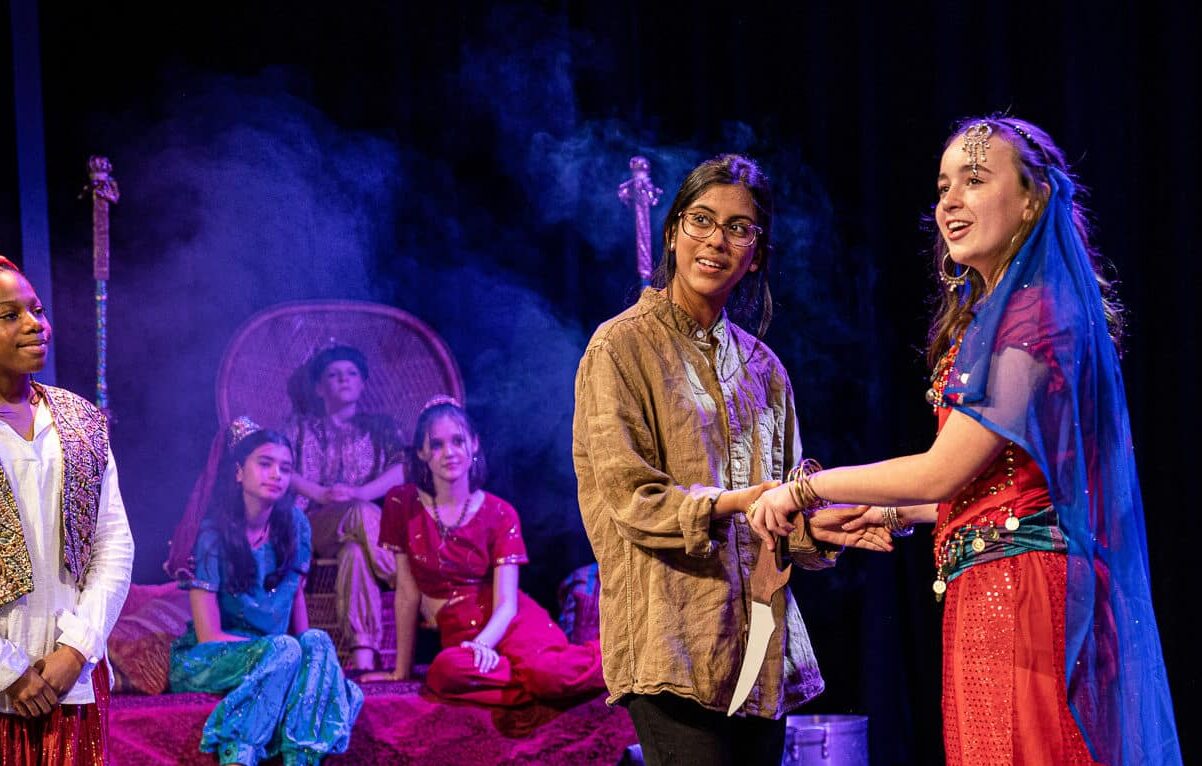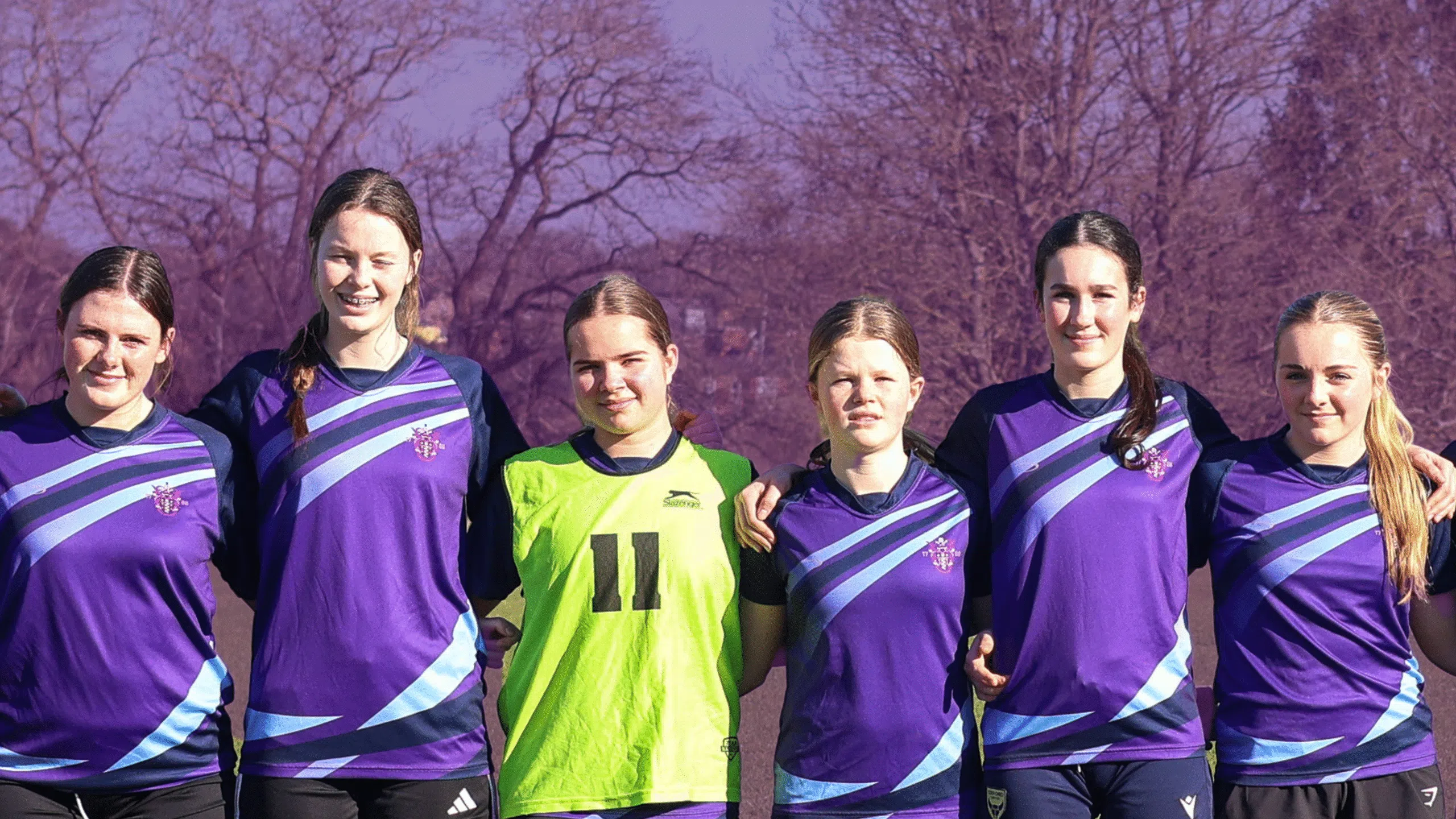Ever wondered what makes PE at RMS so impactful? The latest instalment of our Stirred By The Sun mini-podcast series offers a fantastic insight, with Mr. Carson, along with three dedicated PE teachers from RMS, Mrs. Spendiff, Mrs. Joyce, and Mrs. Cooper, and Year 13 student Aleesa, giving us the inside scoop.
This conversation shines a spotlight on what PE at RMS is all about: encouraging a love for physical activity, developing resilience, and offering a diverse range of opportunities for every student to shine. This snippet offers a brief look into the world of PE at our school. Read the overview below, and be sure to check out the full episode on Spotify.
Becoming PE Teachers
The podcast opens with a fascinating look into what drew our PE teachers to their careers. While Mrs. Cooper initially discovered her passion for working with younger sports groups during university summer jobs, stating it “wasn’t something that I would say from a young age had captured me, but it definitely has now”, Mrs. Joyce knew from a young age that she wanted to be a PE teacher. She was “in secondary school, [she] had really inspiring PE teachers that also really valued girls PE”, providing opportunities like football and basketball teams that other local schools lacked. Mrs. Spendiff found her calling after breaking her ankle playing hockey at 13 or 14 , realising how much she missed playing and seeing the positive impact of her PE teachers in keeping her involved from the sidelines.
The conversation then dives into their own sporting pasts. Mrs. Cooper was a “netball/gymnast sort of athlete”, eventually focusing on netball. Mrs. Joyce was “swimming five days a week and playing a lot of netball”, even reaching national finals in five-a-side football, which she proudly states “is kind of a big deal”…! Mrs. Spendiff enjoyed a wide range of sports when younger, later focusing on volleyball and athletics, inspired by her PE teachers who were former England coaches and athletes themselves.
Beyond Traditional Sports
The podcast highlights the significant evolution of PE in schools. Our teachers emphasised a move away from traditional sports like netball, hockey, and gymnastics, toward a broader curriculum that caters to diverse interests. Mrs. Spendiff noted the “introduction of things like pickleball, adapting some of the potentially more challenging sports to be more enjoyable and allowing girls to succeed”. Mrs. Joyce added, “Now we’re thinking about what are students going to want to do later in life. Exploring the opportunity to try yoga, to understand how you could do fitness with a group, but also how you could do fitness when you’re on your own”. Mr. Carson notes the growing interest among girls in sports like football and cricket, which were less accessible in the past. Mrs. Cooper confirms that RMS has significantly expanded its cricket opportunities “from year three all the way through to year 13. The number of clubs, competitive fixtures has all increased”.
A particularly interesting point of discussion was the bygone era of “PE knickers”! Mrs. Cooper remembered “hating that element” of having to wear them for athletics and cross country, and Mrs. Joyce recalled having to run through the school in the freezing cold. She quipped that this is “where my lack of gymnastics probably has come from”. This highlights the positive changes in PE kit, which Mrs. Cooper states is “much more liked by individuals” now.
Listen to this mini episode on Spotify
Personal Growth and Resilience
When asked about the most rewarding part of their job, Mrs. Spendiff personally thinks “it’s when you see somebody achieve something that they’ve been working hard towards”. Mrs. Cooper agreed, stating, “I would say it’s the small wins, which actually, you know, are really, really rewarding [to see]”. Mrs. Joyce finds it particularly rewarding when students who don’t necessarily consider themselves “sporty” enjoy fitness lessons, feel a sense of achievement, and want to continue, stating, “I think; oh, I feel like they’ve really enjoyed that! They’ve gone away feeling good about themselves”. This focus on individual progress and encouraging a positive experience is central to the RMS approach.
Year 13 student Aleesa shared her perspective, highlighting the joy of “seeing your friends on a different level” and their willingness to teach others, growing a sense of camaraderie and something to look up to. Mr. Carson eloquently adds that PE provides a space for all students to shine, “this is where they excel…everyone needs a space to shine and to let their confidence to develop”.
The teachers also discussed the crucial reasons for PE in school. Mrs. Spendiff sees it as a vital “outlet” for a lot of people, where students “just get to come and express themselves a little bit more, move around, change focus”. Mrs. Cooper highlights the unique teamwork skills developed in PE and the fact that it has been “heavily documented recently about the academic impacts that being involved in PE has, along with all of the mental health benefits”. Both Mrs. Spendiff and Mrs. Cooper strongly emphasise the role of PE in building resilience, with Mrs. Spendiff stating, “I think it’s a really good tool to have… it builds that skill of confidence to keep on trying”. Mr. Carson reinforces this, noting how elite athletes often share stories of overcoming hardship on their journey to success. Aleesa adds that PE is “a way to be with your friends and move a bit out of the box”.
Encouraging Lifelong Engagement in Sport
A key discussion point was how to encourage more girls to continue their involvement in sport for longer. Mrs. Joyce advocates for “removing barriers, like lack of self-esteem and things like that”, and most importantly, helping students find activities they are passionate about and genuinely enjoy. She explains that by offering a diverse curriculum, especially in Years 10 and 11, students can tailor their choices to what they love, “because ideally what we want is for students to leave RMS and to already have that love for sport”. Mr. Carson highlights the continued compulsory nature of sport in the Sixth Form at RMS, with much more choice to maintain interest, which he states, “I haven’t had sixth formers or parents saying; We don’t like this. I’ve literally never had it had it once. It’s a good thing”. Aleesa confirms the success of this approach, enjoying multi-sports including pickleball, badminton, and netball with friends in her Sixth Form PE lessons.
The podcast concludes with a reflection on success in sport, emphasising that it’s not just about elite achievement, but about finding a love for a sport and continuing to play it throughout life. Mrs. Spendiff shares a heartwarming anecdote about meeting former students who weren’t particularly strong in PE but had since found a passion for fitness and entered a competition, stating, “they weren’t great at PE, but actually they found this, and now they’ve entered competitions”. Mr. Carson agrees, noting the success of students receiving “sport scholarships to go to America and pursue the next stage of their life and sports being part of that”, as well as those who simply maintain sports in their adult lives.
Listen to this SBTS Mini Episode below.


